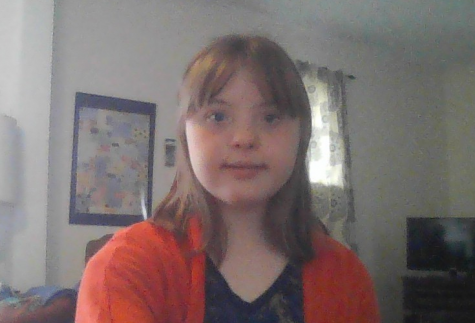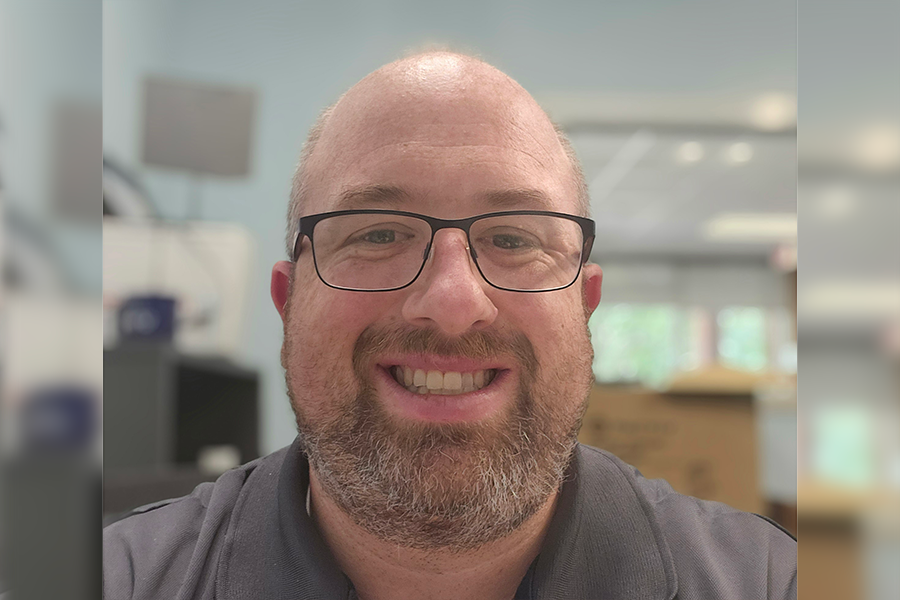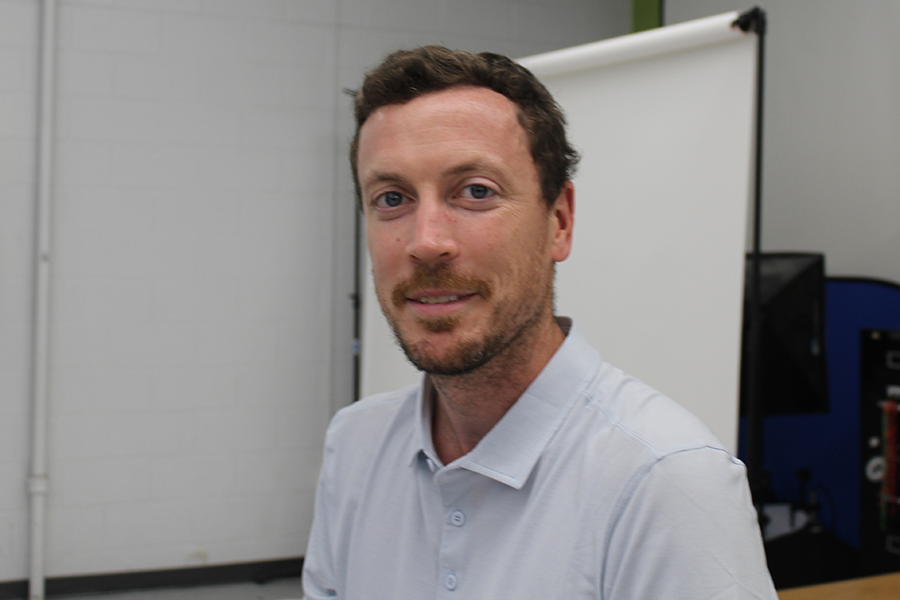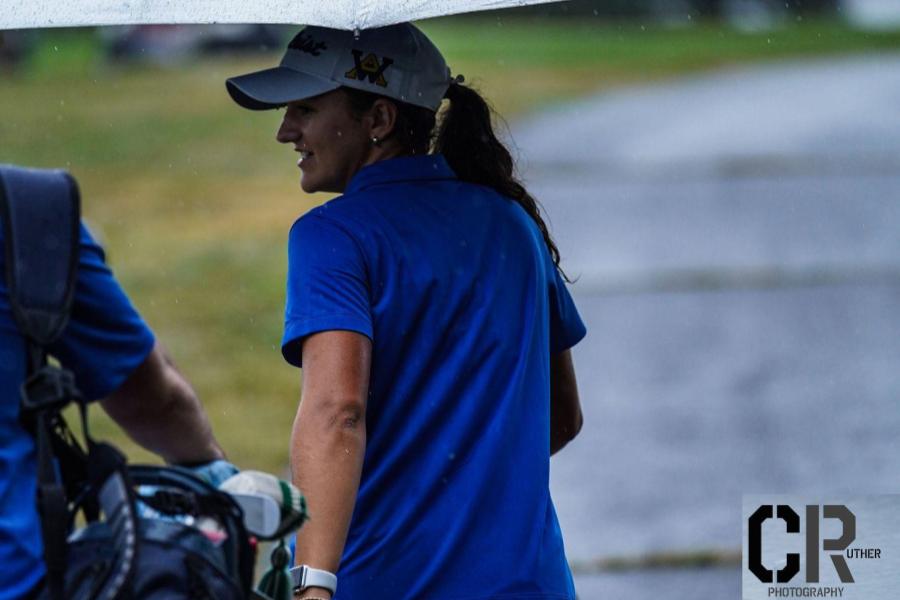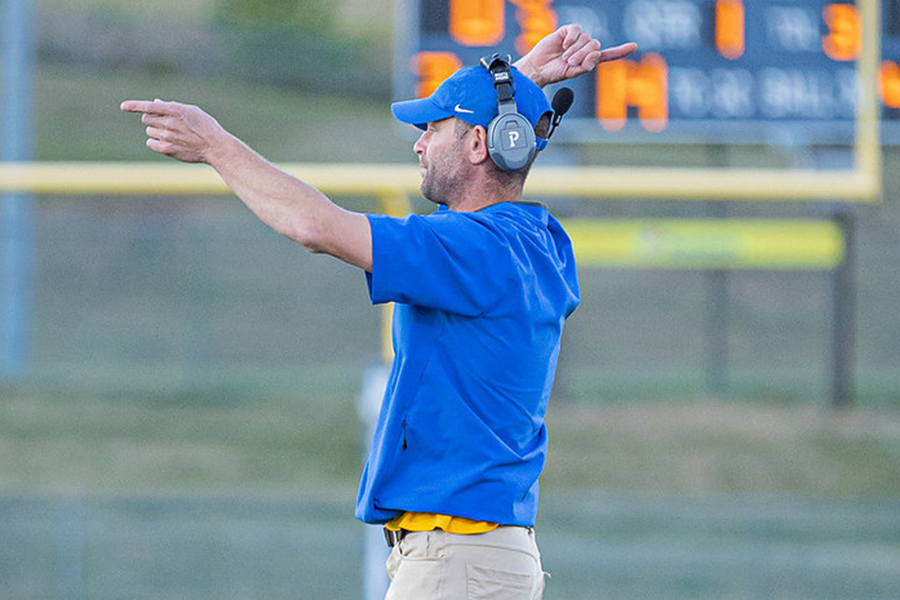I Am Not Defined By My Disability
Credit: Thea Spitzner
Sophomore Thea Spitzner enjoys yoga and studying American Sign Language.
May 19, 2021
My name is Theodora Spitzner and I am a student with an identified disability, Down’s Syndrome. But that’s not a complete definition of me.
I started preschool in the year of 2007 when I turned three. At the time I also had some minor medical challenges. I was reading around the age of five when I started kindergarten, which I repeated because of behavior caused by overstimulation. My behavior problems escalated over the course of my elementary and middle school education. After I graduated middle school I realized that if my behavior problems continued into high school, I would get more serious and permanent consequences. So far, I’ve excelled in my high school academics, and for the first time passed an SOL in advanced Biology. I’m really enjoying my education in WAHS.
131 students at WAHS have an Individualized Education Program [IEP] that provides specialized instruction to support individuals with the following disabilities: Autism, Emotional Disability, Other Health Impairment, Specific Learning Disability, Speech-Language Impairment, Intellectual Disability.
According to Assistant Principal William Schaffer, “An IEP described plainly is when a team made up of teachers, parents, and other professionals meet to create a plan that will help to ensure a student has access to the curriculum, and not be at a disadvantage in relation to their peers. It is not to lower the expectation, but to ensure students are able to show their learning despite the impact of an identified disability.” For example, my parents and I meet every nine weeks to plan the regular classes I need to graduate. The accommodations I can use include extra time for tests if necessary, tutoring, math manipulatives, and a calculator.
Forrest Garrison, chair of the Special Education department added, “Additionally, we have 83 students who have a Section 504 Plan that provides anti-discrimination protections and supports for individuals with a disability that imposes a barrier to learning.”
Schools support these students in additional ways depending on the type of disability. Some students may need speech therapy, physical therapy, or Adaptive PE classes. WAHS offers Resource classes for extra tutoring as well as counselors for students diagnosed with emotional disabilities. Instead of SOL tests, some students are assessed via the VAAP (Virginia Alternative Assessment Program).
Outside of school and in my free time, I take piano lessons and sign language classes. Also, I teach sign language and practice yoga. I am passionate about improving the environment and fighting racial prejudice and stereotypical definitions of people with identified special needs.
This is my story, but it doesn’t define me as a whole. All people with disabilities can learn, and can be taught. They’re more than their identified disability, just like me.




